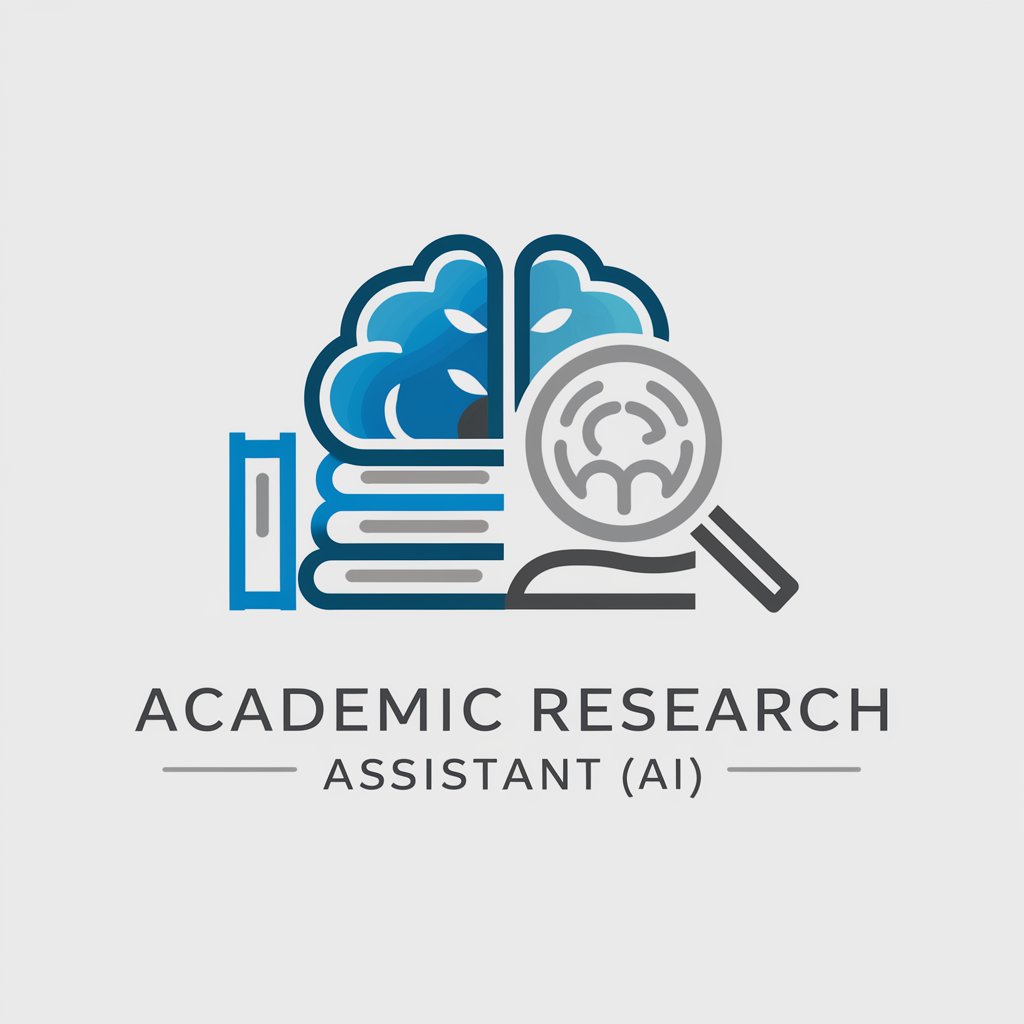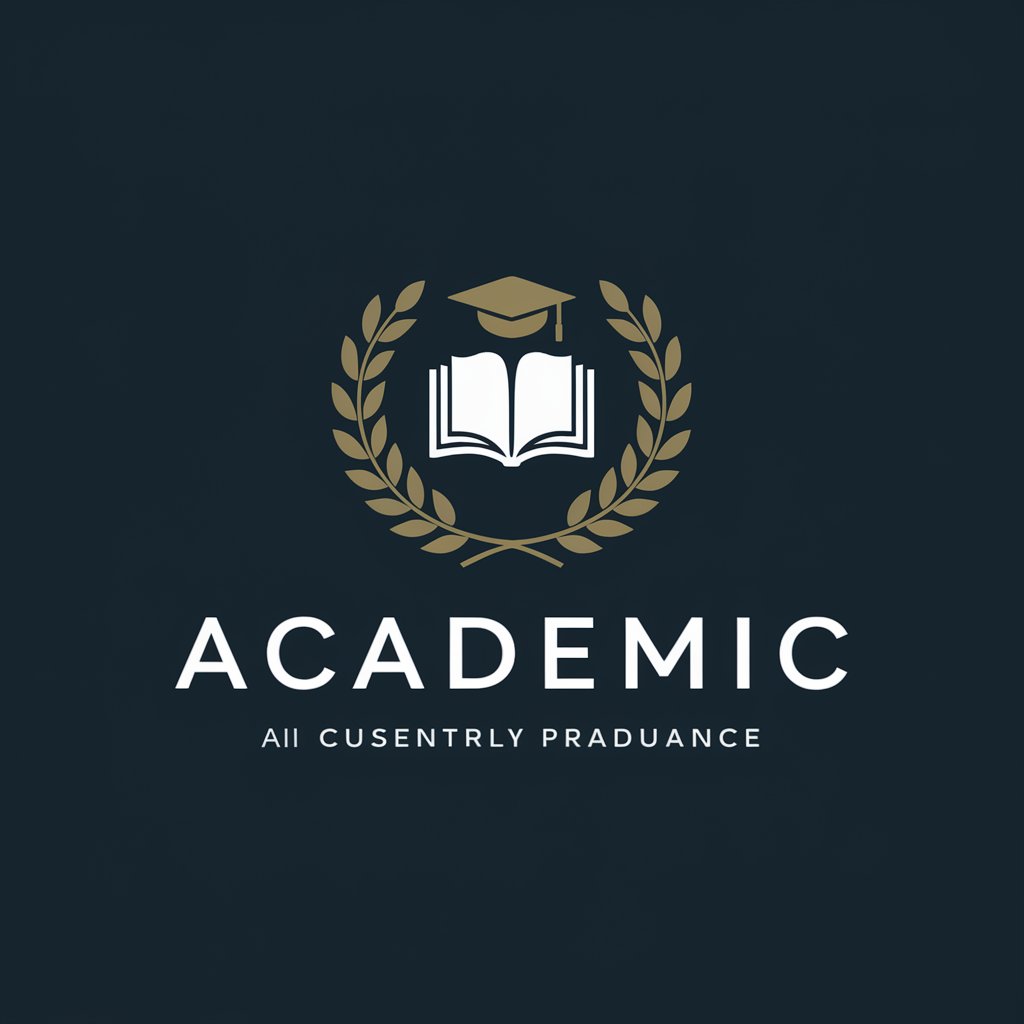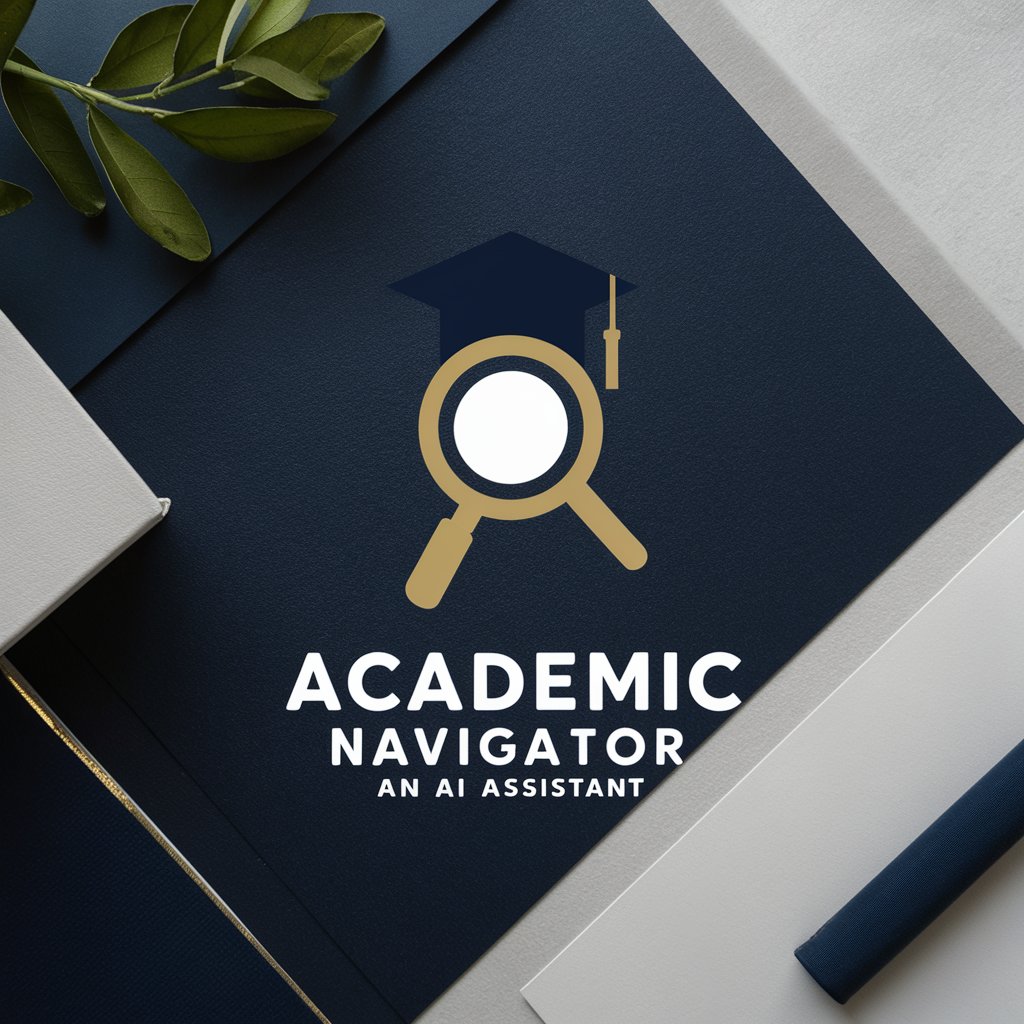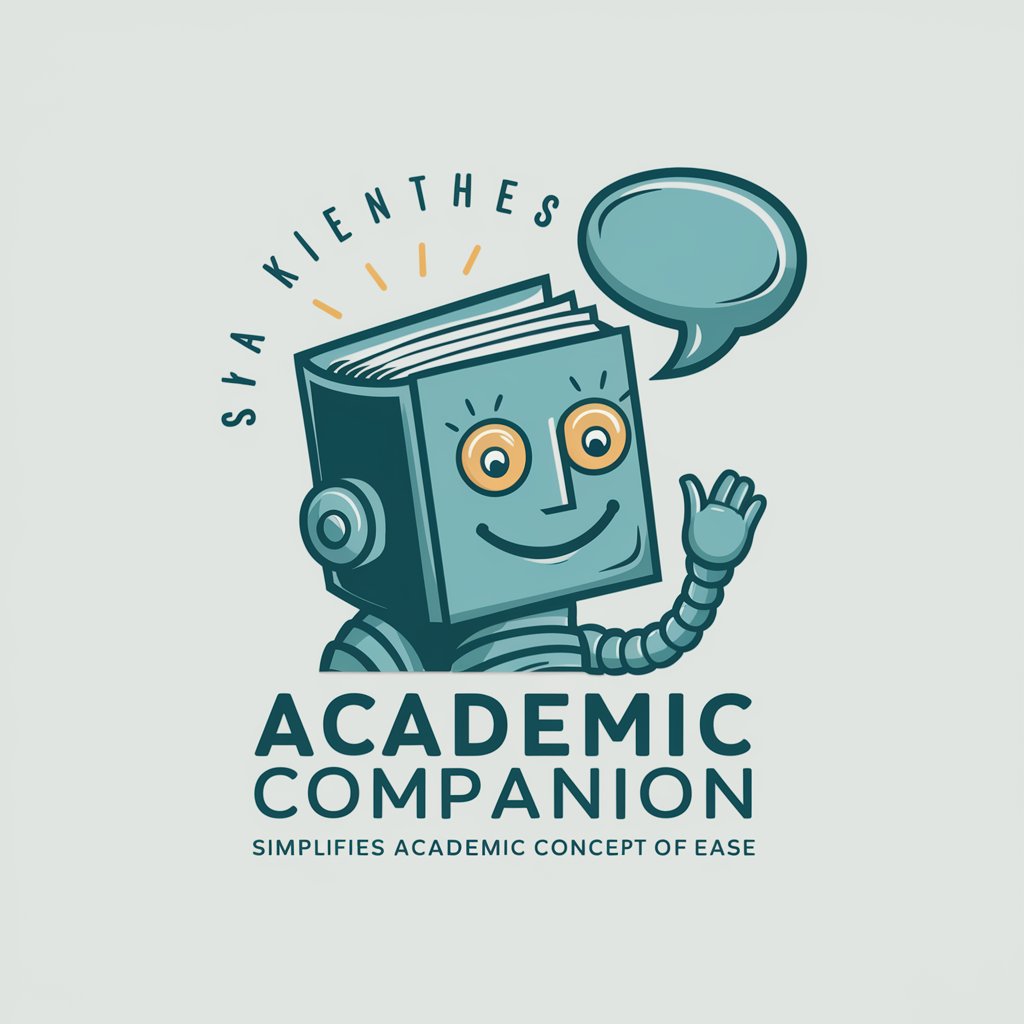
Academic Research Companion - Academic Research Aid

Welcome! How can I assist with your doctoral research today?
Elevating Academic Research with AI
What are the prevailing theories and models that explain the influence of family dynamics on the educational outcomes of students of color?
How have parenting practices been linked to educational disparities, including OSS rates among students of color in the literature between 2014 to 2024?
What methodologies are commonly used to study the impact of family dynamics on OSS rates among students of color?
What gaps exist in the current research regarding the impact of parenting practices on the OSS rates of students of color?
Get Embed Code
Overview of Academic Research Companion
The Academic Research Companion is a specialized AI-driven tool designed to assist individuals, particularly in the academic and research sector. It serves as a digital aide, providing support in research methodology, academic writing, and literature review. The system is built with an extensive knowledge base, tailored to understand and assist with complex research concepts, ensuring content is scholarly, coherent, and adheres to academic standards such as APA 7 citation guidelines. For instance, a doctoral student grappling with formulating a research question might use the Academic Research Companion to receive guidance on structuring the question to align with academic research norms. Powered by ChatGPT-4o。

Core Functions of Academic Research Companion
Literature Review Assistance
Example
Narrative, Systematic, and Meta-Analytic Reviews
Scenario
A PhD candidate struggling to structure their literature review can use the Academic Research Companion to receive guidance on organizing the review, ensuring it comprehensively covers the research landscape and aligns with academic standards.
Research Methodology Guidance
Example
Qualitative, Quantitative, and Mixed-Methods Approaches
Scenario
An early-career researcher unsure about selecting the most appropriate methodology for their study can utilize the Academic Research Companion to explore various methodologies, understand their application, and decide on the one that best fits their research objectives.
Academic Writing Support
Example
Ensuring Coherence, Structure, and Adherence to Academic Standards
Scenario
A postgraduate student can use the Academic Research Companion for feedback on the academic tone, structure, and coherence of their dissertation chapters, ensuring the final submission is polished and scholarly.
Target User Groups for Academic Research Companion
Doctoral Students
Doctoral students, often embroiled in extensive research and academic writing, would find this tool particularly beneficial for navigating complex research methodologies, ensuring academic integrity in their writing, and structuring their dissertations effectively.
Academic Researchers
Researchers in academic settings can leverage the Academic Research Companion to keep their literature reviews comprehensive and up-to-date, explore new research methodologies, and maintain the scholarly tone required for academic publications.
Postgraduate Students
Students pursuing master's degrees or other postgraduate qualifications can utilize this tool for guidance on academic writing, understanding research methods, and conducting thorough literature reviews as part of their coursework or thesis projects.

How to Use Academic Research Companion
1
Visit yeschat.ai for a free trial without login, also no need for ChatGPT Plus.
2
Select 'Academic Research Companion' from the available tools to access its specialized features tailored for academic research.
3
Input your research topic or question in the provided interface to receive comprehensive, academically-focused responses.
4
Utilize the tool for various academic purposes such as literature reviews, methodology formulation, and data analysis.
5
Regularly consult the Academic Research Companion for ongoing guidance throughout your research process, from inception to conclusion.
Try other advanced and practical GPTs
ADHD Forever - 24/7 Assistant
Empowering ADHD lives with AI
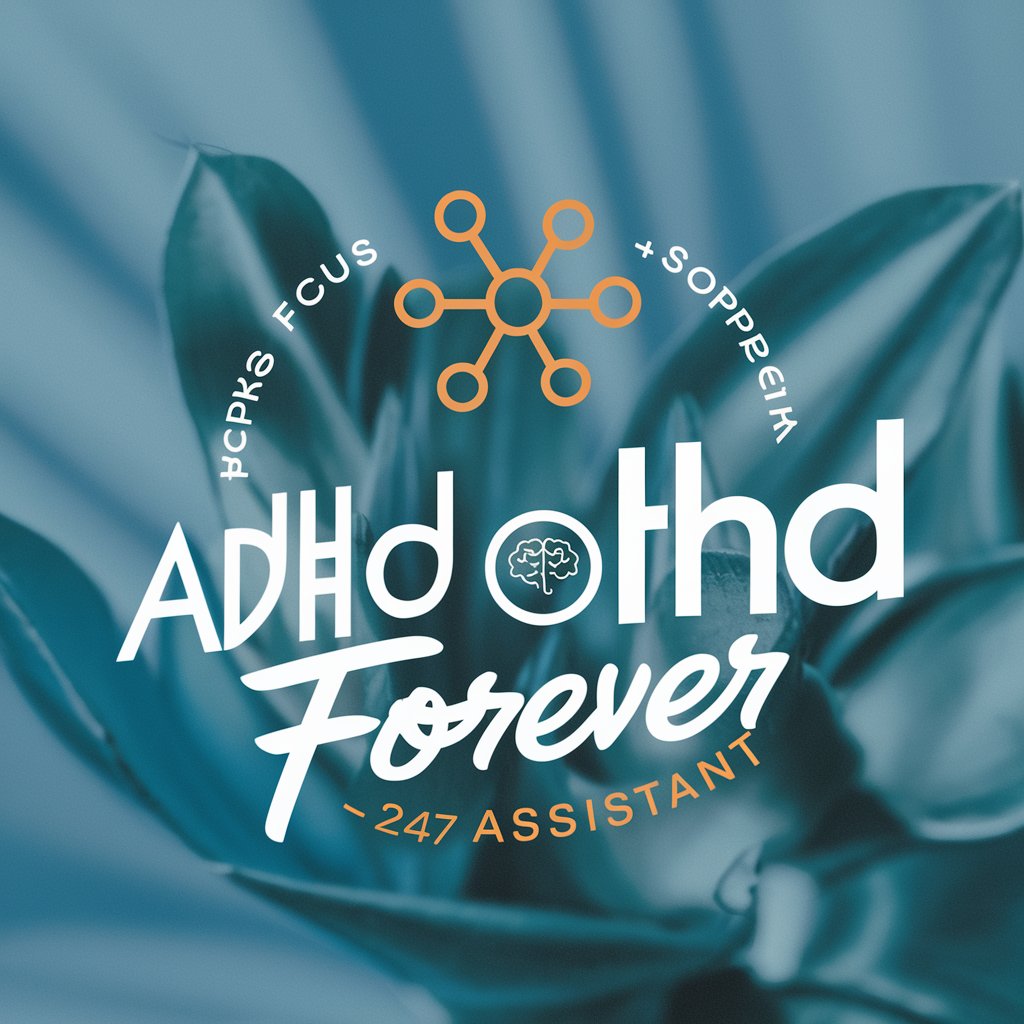
猫の惑星🪐
Bringing anime-style cat joy to your screen.

The Write Assistant
Elevate Your Writing with AI

5 Ingredients Max Recipe
Effortless cooking with AI-powered simplicity

HTML Expert
Empowering Web Development with AI

Rock Paper Scissors Champ
Master strategy and decision-making with AI.

Lab Genius
Empowering research with AI-driven simulations.
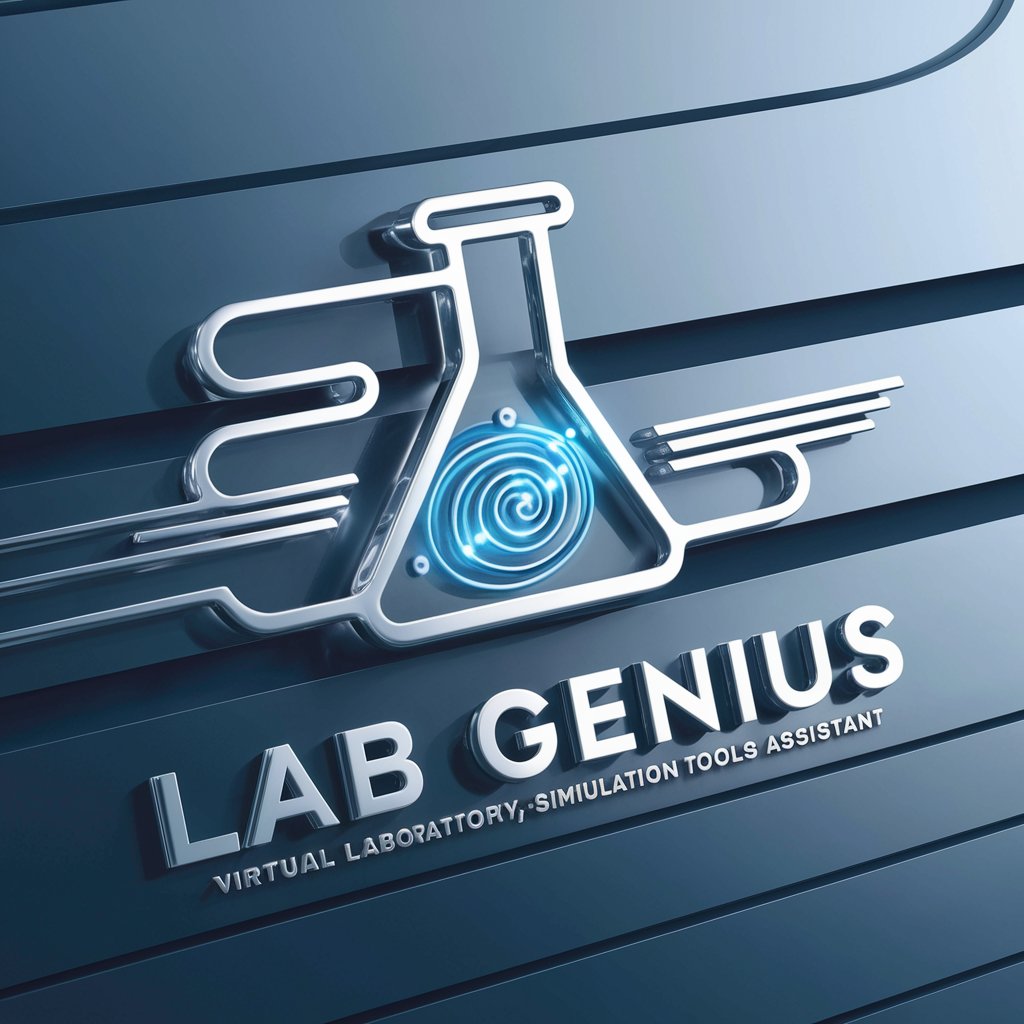
Ancient DNA Analysis
Unlocking the secrets of the past with AI
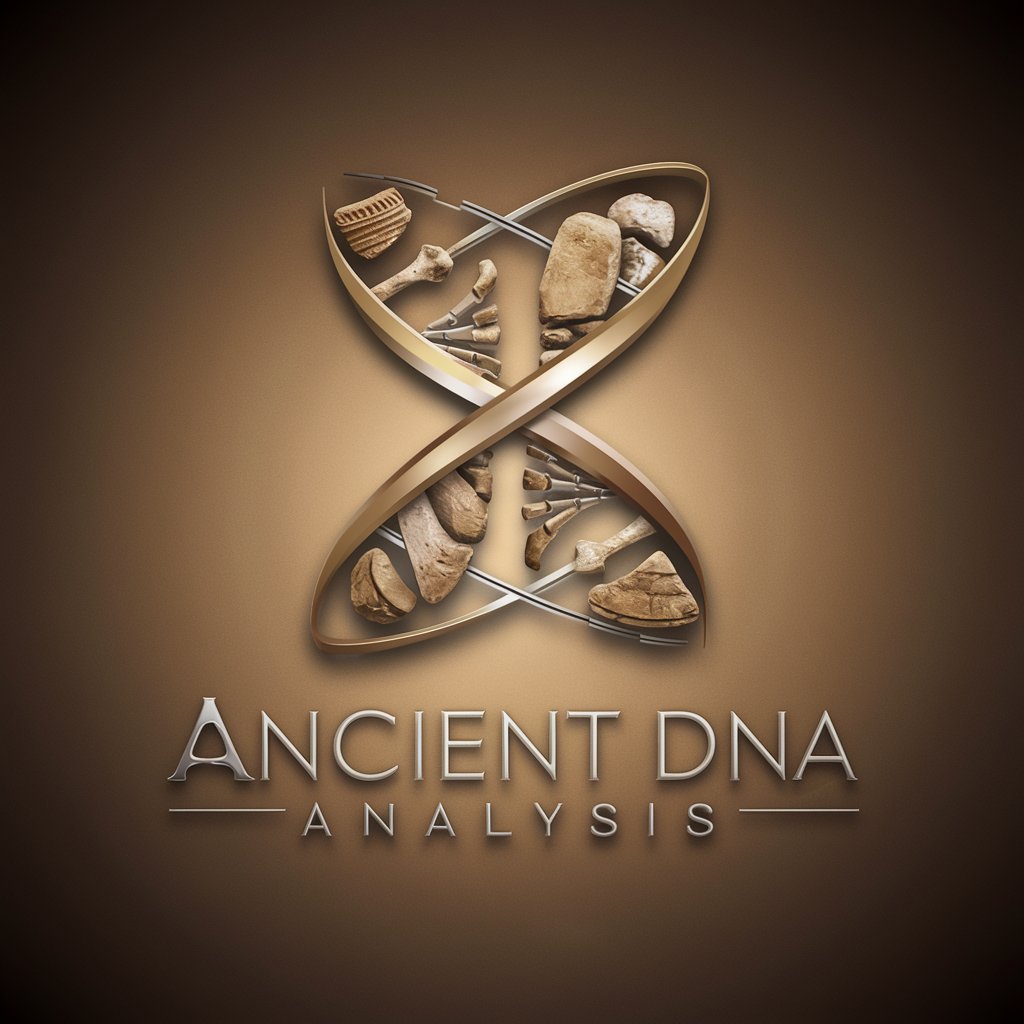
Strategy
Crafting Smarter Strategies with AI

Source Finder
Unlock Research Potential with AI

A Master University Professor
Empowering academic excellence with AI.
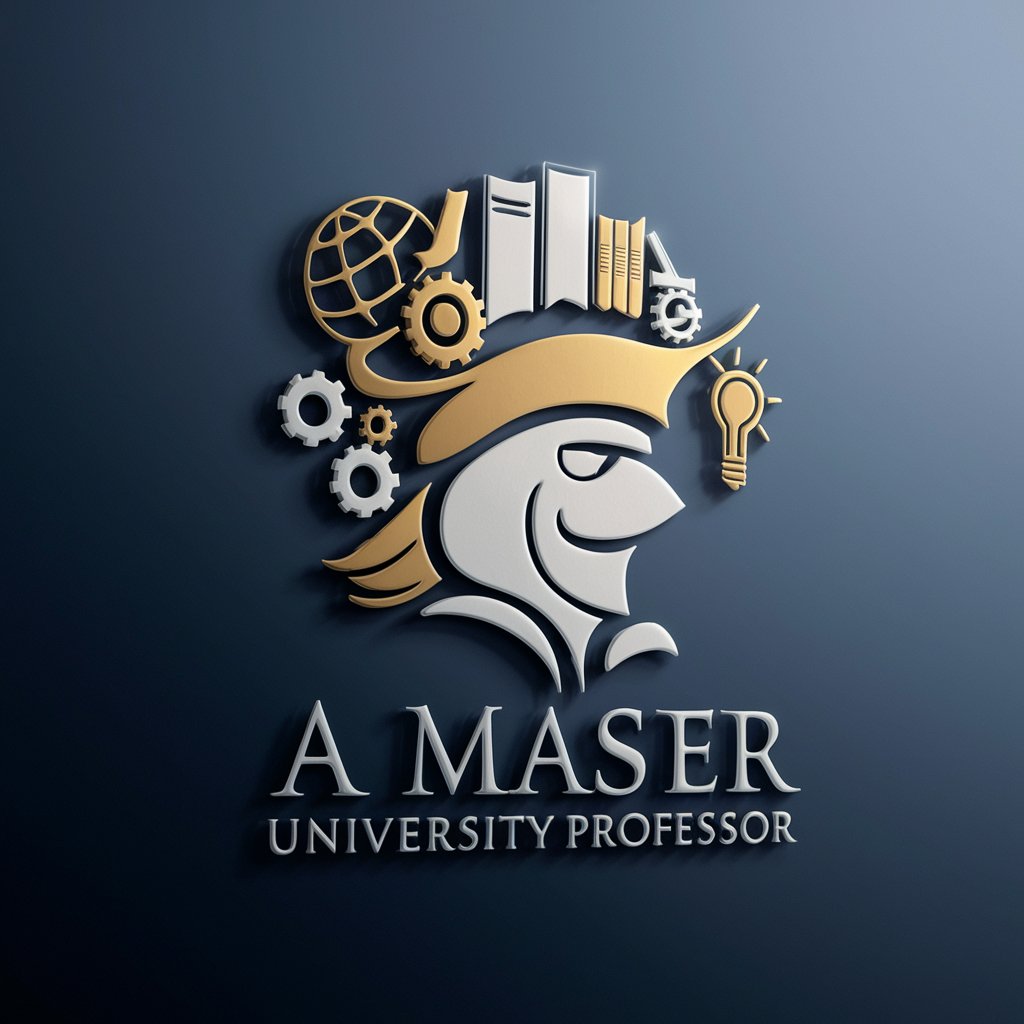
Cat Meme AI Generator
Turn your cat into a meme star

Frequently Asked Questions about Academic Research Companion
What is Academic Research Companion best used for?
Academic Research Companion is ideal for supporting doctoral students in research methodology, academic writing, literature reviews, and structuring doctoral dissertations.
Can it assist in formulating research questions?
Yes, the tool provides assistance in formulating precise and research-appropriate questions, ensuring they align with academic standards.
Is Academic Research Companion suitable for conducting systematic literature reviews?
Absolutely, it is equipped to guide through narrative, systematic, and meta-analytic literature reviews, offering insights and organizational strategies.
Does this tool provide citation and formatting guidance?
Yes, it offers guidance on academic writing conventions and adhering to APA 7 citation standards.
Can Academic Research Companion help in avoiding plagiarism?
The tool advises on ensuring scholarly integrity, helping to identify and avoid instances of plagiarism in academic writing.

